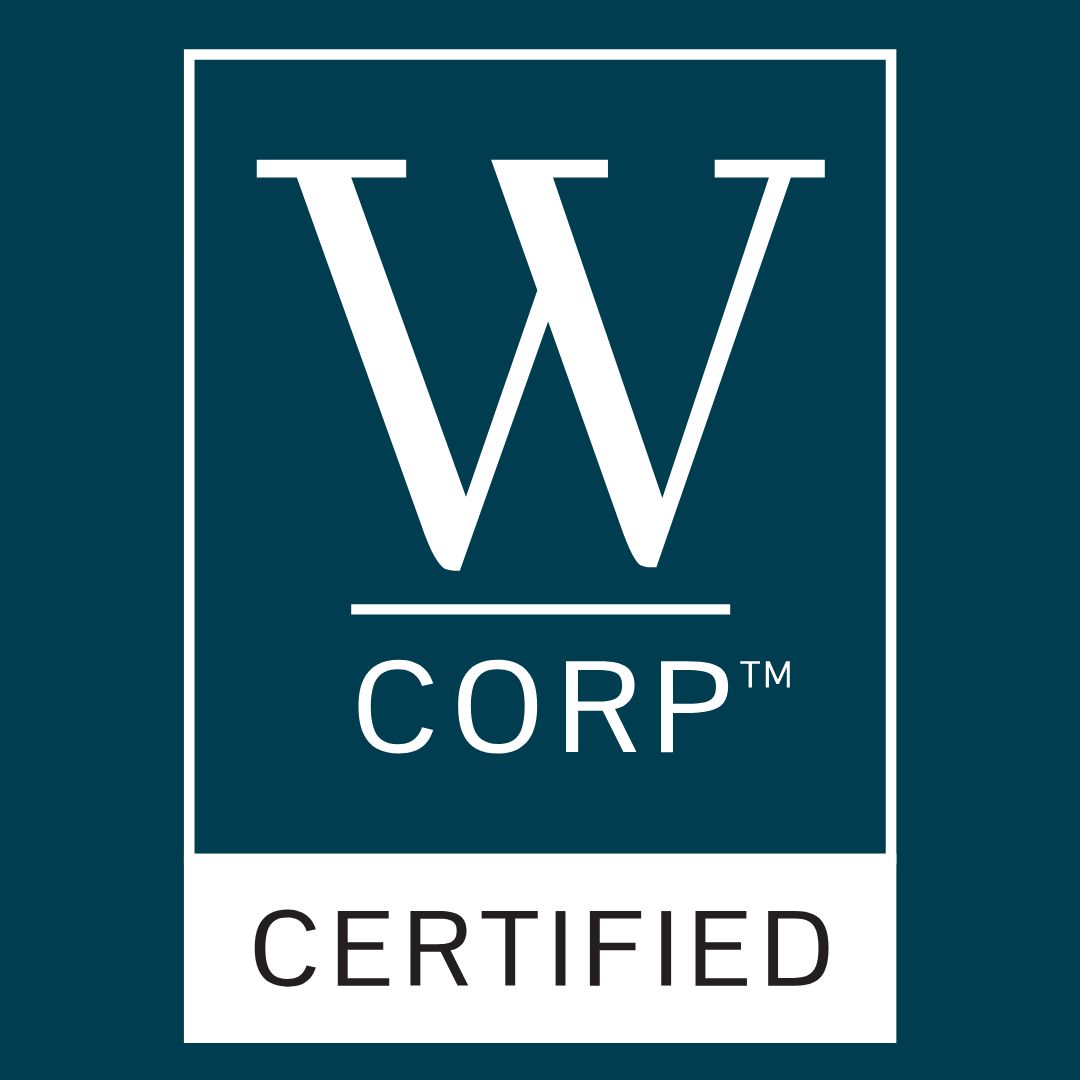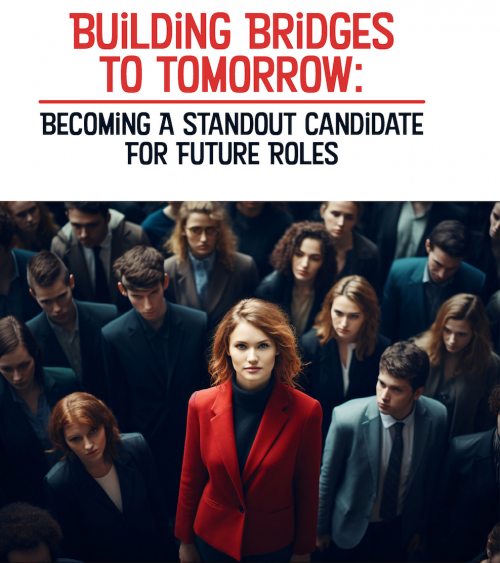Building Bridges To Tomorrow: Becoming A Standout Candidate For Future Roles
Facing hundreds of skilled applicants, hiring managers understandably resort to shortcutting selection processes. Unfortunately, this often leads to ‘prestige’ bias – instantly filtering those without the “right” educational credentials, accent or brand name employer history. So how can ambitious professionals lacking Oxbridge experience or years at blue chip firms compete?
The answer lies in strategically positioning your experience, proactively skill-building and broadcasting transferable strengths aligned to future recruiting priorities. This article shares expert-endorsed techniques that help non-traditional candidates showcase their value and excel in securing that dream role.
Showcase How You’ve Proactively Upskilled
Simply listing qualifications means little, if not expertly framed on application forms. Hiring managers want tangible proof you can handle quick reskilling and deliver ROI on their learning & development investment in you.
So, reference modules were undertaken, highlighting how new knowledge enabled overcoming specific business challenges earlier. For example: “My recently completed Human Centred Design module equipped me to lead a stationery supplier’s digital transformation strategy. We delivered a 17% conversion increase within 9 months by using customer journey mapping techniques identifying friction points in the old eCommerce platform.”
Likewise, reference skills gained from courses enable tackling future objectives in the role like: “My Machine Learning Nanodegree honed my ability to continually enhance CX and operational processes through extracting and applying insights from company data.” This convinces reviewers you’ll hit the ground running driving their AI roadmap!
Gain Additional Qualifications By Studying Online
The rise of eLearning platforms means location and existing workload are no longer barriers to accessing continuous education from the world’s leading institutions. Whether pursuing quick professional development courses or fully-accredited qualifications, options to suit all schedules and budgets abound.
For example, micro-credential courses allow accumulating badges in specialisms like data analytics, coding and digital marketing over 8-12 week modules. Whereas Udacity and Coursera offer intensive selective Nanodegrees focused on tech capabilities like machine learning and AI endorsed by individual employers.
Equally, many esteemed universities now facilitate part-time degrees, allowing professionals to upskill to master’s level whilst working. Some even enable credit accumulation toward qualifications by initially studying standalone modules in priority knowledge areas before electing to register for a full programme.
This flexibility means you can sharpen expertise around existing responsibilities or study basics to pivot into new industries entirely. Filling capability gaps in high-demand future-focused skills also helps safeguard employability if industries like retail, insurance or media undergo AI disruption. You can also find master’s degrees online that will give you the foundation and skills that you need to excel in your chosen career path. For example, say you want to get into healthcare management. An MSC in healthcare management would certainly help you to stand out to potential employers. The healthcare management course at Queen Margaret University is 100% online and they offer six start dates per year. Get in touch to find out more.
Secure Exposure To Pioneering Transformation Initiatives
Once you’ve sharpened capabilities in areas like Customer Experience, Data Literacy or Diversity and inclusion, identify opportunities to apply them through temporary assignments with change management and employee experience teams.
For example, seek out secondments or project roles focused on embedding future-focused ways of working like service design thinking, results-only working models and people analytics automation. Deliver ROI by applying cutting-edge methodologies to help departments adapt seamlessly to the demands ahead.
Equally, if the current employer lacks pioneering projects, interning part-time with digitally native companies driving industry innovation plugs this. Glean best practices around adaptation and relay back to senior leaders. This positions you as an invaluable transformation advisor preparing for any challenges the horizon may bring!
Curate A ‘Future-Facing’ Personal Brand
In periods of uncertainty, hiring managers gravitate towards candidates exuding proactive self-education and adaptability. We’ve all seen industries impacted overnight by external events – consider the reports about how AI could take on hundreds of millions of jobs in the next decade. Pre-emptively upskilling showcases readiness to lead departments through coming technological shake-ups and economic fluctuations. Use website profiles, LinkedIn summaries and CV overviews to succinctly communicate this future-focused outlook. Consider positioning statements like:
“Passionate about continually enhancing skills in areas driving industry transformation to help prepare employers for what’s coming next.”
Likewise, reference memberships of professional bodies or networks exploring horizon changes in your sector. Feature thought-leadership content discussing emerging challenges and your ideas responding through service innovation. This conveys strategic vision and the ability to steer organisations confidently towards tomorrow.
The working world of tomorrow requires a hungry, future-ready workforce continually enhancing dexterity. By proactively upskilling in line with next-decade forecasts, intentionally amplifying transferable strengths and pursuing pioneering exposure, professionals at all levels can build that bridge to long-term career success. Shift employer mindsets by standing out as a resilient, transformation-ready candidate they cannot afford to overlook!






















